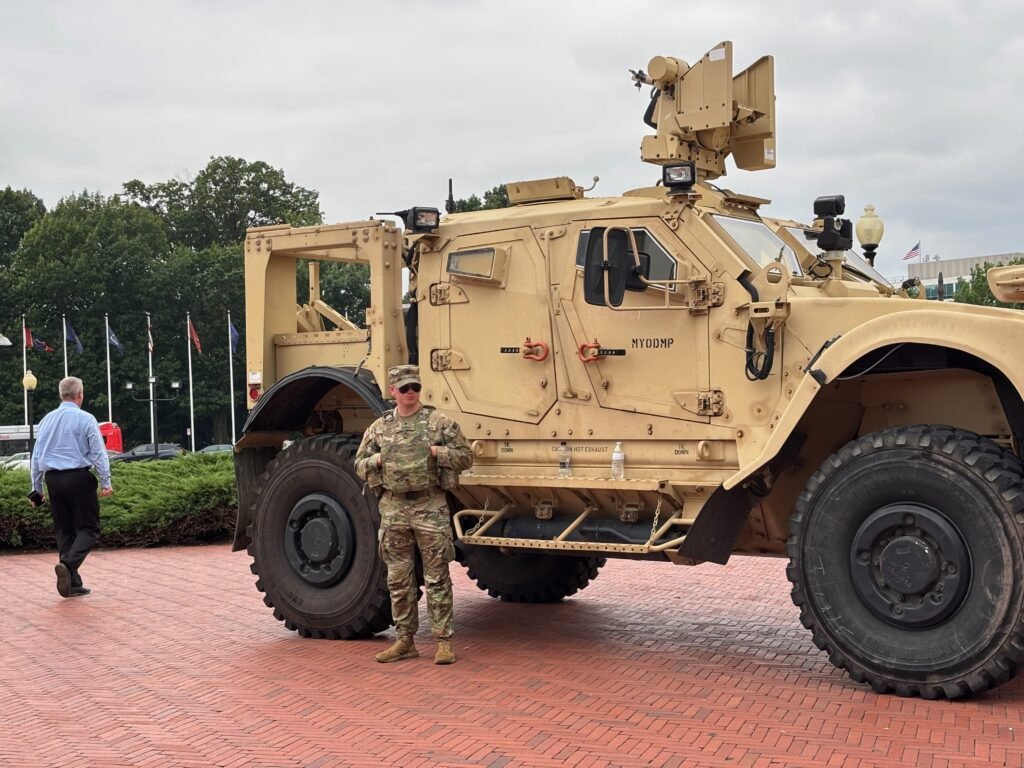President Donald Trump has issued an executive order authorizing National Guard units to assist local, state, and federal law enforcement.
According to Defense Secretary Pete Hegseth, the order emphasizes ensuring that all National Guard units are equipped and organized to aid law enforcement in tackling civil unrest and enhancing public safety. He also instructed that a “deployable response force” should be established for possible nationwide deployment.
Hegseth mentioned coordination with state generals to prepare guards for quick mobilization when needed.
Typically, the governor oversees state guard units unless an emergency arises.
During remarks in the Oval Office, Trump suggested that deploying guards could quickly address crime concerns in some major cities. However, he expressed hesitation about overriding governors who might not want guard involvement in their cities.
This month, Trump mobilized the National Guard in Washington, D.C.—a unique case since it’s not a state—allowing national support for local law enforcement. He also dispatched troops from states like West Virginia, Louisiana, Ohio, Mississippi, Tennessee, and South Carolina to the capital.
A group named Free DC, which advocates for the district’s autonomy, criticized the move as dictatorial.
In a statement, the group said, “Trump is setting the stage to challenge everyone opposed to his agenda, which could jeopardize American democracy. We won’t let that happen.”
Is Chicago Next?
In light of the developments in D.C., Trump mentioned that “Chicago should be next.”
He called on Democratic governors, such as Illinois’ JB Pritzker, to seek National Guard aid, suggesting that if they don’t, he may be unable to provide troops.
When asked if he would send troops regardless of the governor’s stance, Trump implied that the governor’s ungratefulness could complicate matters, stating, “We may wait. We might consider it. But it’s not ideal to force our way in.”
Pritzker responded on social media, firmly rejecting any federal troop deployment in his state’s cities, insisting, “We don’t have a king or an aspiring dictator in America. I refuse to submit.”
The 1878 Posse Comitatus Act generally restricts federal troops from domestic law enforcement duties.
“I’m Not a Dictator.”
Trump brushed aside accusations that using military forces for law enforcement is authoritarian. He argued that many people support tough measures to combat urban crime.
“Critics say, ‘He’s a dictator,'” Trump remarked. “But many others think, ‘Maybe we prefer a strong leader.’ I’m not a dictator. These people are misguided.”
This summer, in a related context, Trump attempted to use the California National Guard against protests regarding immigration enforcement, which was challenged legally by California Governor Gavin Newsom.
Trump has been involved in a Twitter exchange with Maryland’s Democratic Governor Wes Moore, who has threatened troop deployment in Baltimore amidst tensions.







